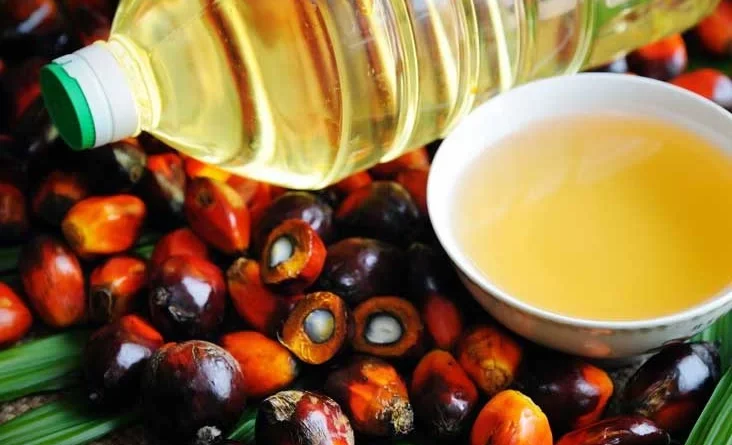AI boost for palm oil production in world’s first smart mill in Malaysia
By Manjit Kaur
The first palm oil mill in the world using artificial intelligence (AI) technology has been launched here.
With Malaysia’s standing as the world second largest producer of palm oil, the cutting edge smart technology is expected to reduce cost and enhance efficiency.
Plantation and Commodities Minister Datuk Seri Johari Abdul Ghani launched the adoption of the technology at Minsawi Industries Kuala Kangsar Sdn Bhd in partnership with technology provider Artificial Intelligence Robotics Engineering Industries (Airei Sdn Bhd).
Johari said the mill is the first in the world to use the smart technology in the processing of palm oil.
The mill which has been operating for 41 years, has invested between RM4mil and RM5mil to incorporate the technology.
“This factory uses AI incorporated in its sensors and predictive tools to process palm oil.
The mill which has been operating for 41 years, has invested between RM4mil and RM5mil to incorporate the technology.
“This factory uses AI incorporated in its sensors and predictive tools to process palm oil.
“For me, if the technology is effective, then it must be seen by all stakeholders in the industry,” he told reporters after launching the AI-based smart mill here yesterday.
Johari said the mill will be able to reduce workforce, especially foreign labour, between 30% and 35%.
If all 446 palm oil mills in the country were to adopt this technology, he said foreign workers could be reduced by almost 8,000.He said foreign workers usually return home after four years. However, with such technology, locals need not depend on them as much.
He added that if this large mill could reduce workforce and secure efficient oil extraction, it would lead to cost-effective methods in increasing income and maximising production.
“I want to support this technology, and every three months, I will monitor its effectiveness.“I will bring the Malaysian Palm Oil Board (MPOB) from time to time for visits to this mill to see its progress.
This technology must be sustainable,” he said.On another matter, Johari said Orang Asli smallholders are only required to obtain confirmation letters from their respective state governments to enable them to obtain a licence to sell oil palm fruits planted by them.
He said the easing of such rules also applies to owners of the Native Customary Rights (NCR) in Sarawak who do not have grants.
“If there are Orang Asli who plant oil palm, but do not have a title, they need to go to the state government and ask for confirmation, which will be considered as a title.
“The important thing is that they cannot deforest without permission, and any forest clearing later planted with oil palm will not be granted the Malaysian Sustainable Palm Oil certification (MSPO),” he said.
Johari said without a MSPO certification, oil palm plantation owners cannot sell their produce to mills.
The government, he said, needs to be careful with the handling of palm oil issues because it provides an export value of more than RM100bil per year.
On Monday, former prime minister Datuk Seri Ismail Sabri Yaakob asked the MPOB to relax the conditions for selling oil palm fruits without requiring land grants and licences as it can be a burden to smallholders, especially the Orang Asli.
This article has been republished from The ANN news.

